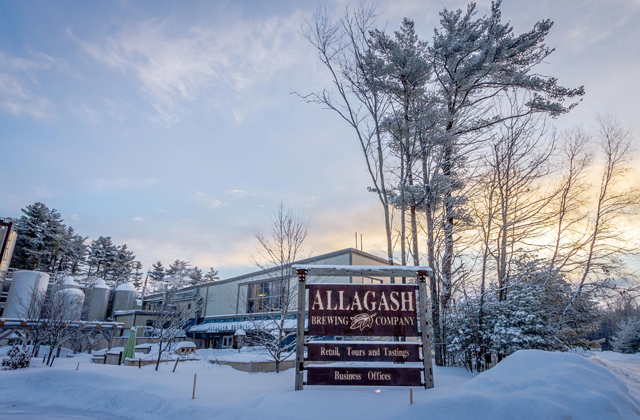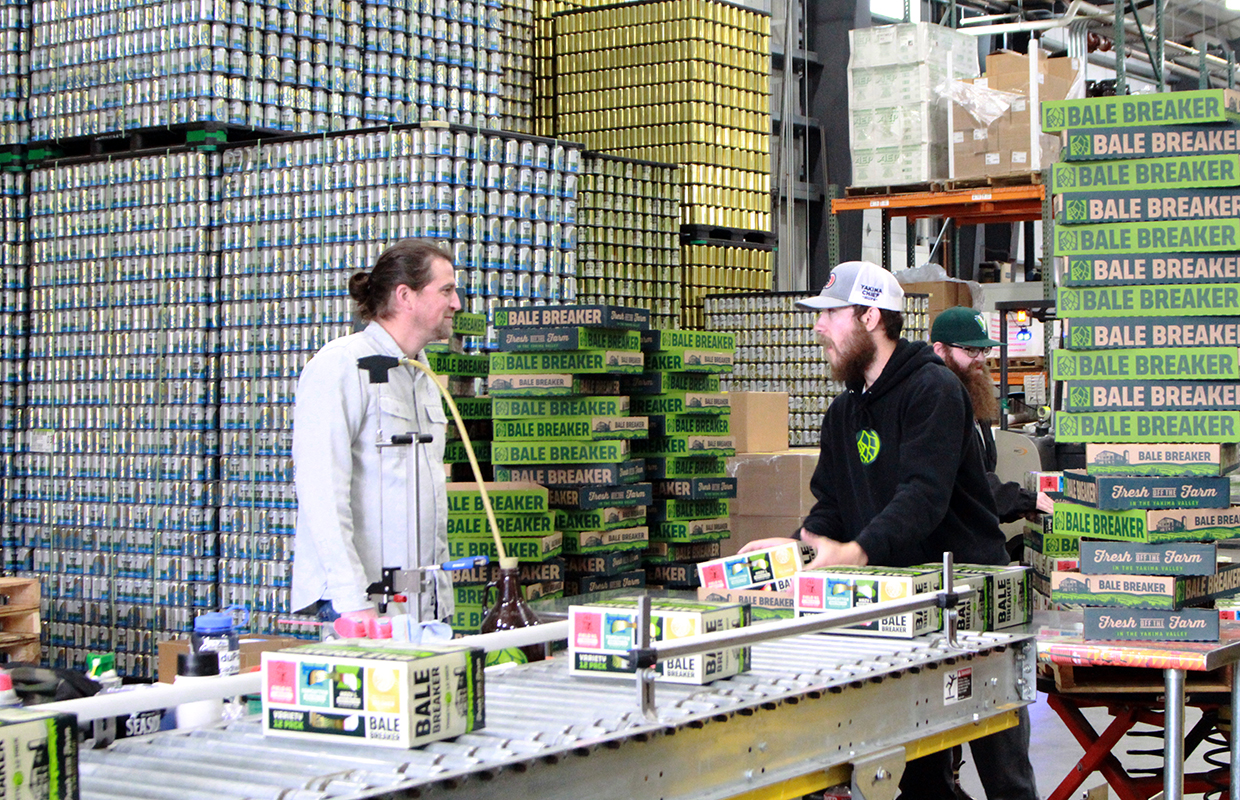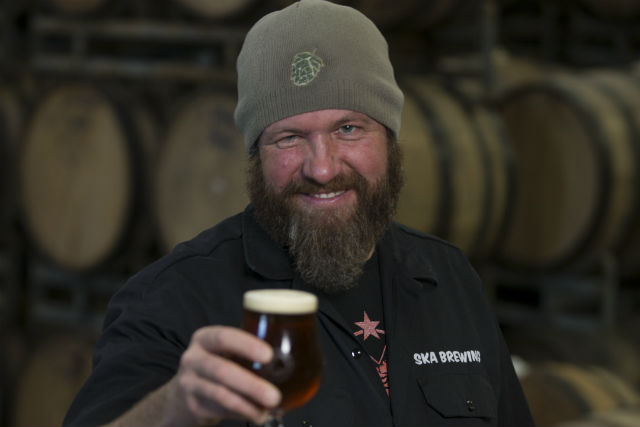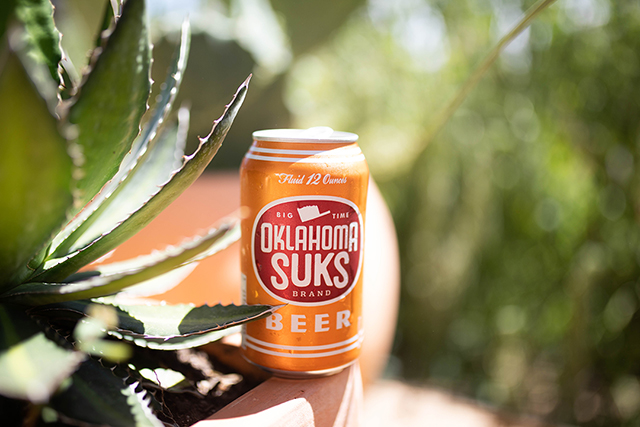
In an ongoing series, Brewer will take a small note from interviews of some of the cover stories it has run and give a small tidbit that didn’t make the issue but is still worth diving into.
Rob Tod’s plan from the start was to just sell his Allagash brand — starting with just one beer, White — to his local community of Portland, Maine and extend to the rest of the state.
“I thought maybe we’d sell beer in all of New England, but [I was] doubtful and maybe that would be years down the line,” the founder said in his September/October cover story interview for Brewer. “We had so much trouble selling beer back then.”
That’s when Tod, who started as a one-man operation and slowly added employees through the 90s decided the solution to his volume problems would be to open as many states as he could.
“I immediately started opening up any distributor that was willing to buy our beer, even if they weren’t willing to pay for it. Some of them weren’t,” he said about his naive business practices early on. “I learned that lesson the hard way. If you sell beer to someone you figure of course they’re going to pay you in 30 days. Well some of them don’t pay you in 30 days and some of them didn’t even pay me.
“Luckily we had an amazing relationship, especially with our local distributor, Nappi Distributors. For years and years, I would load beer on the truck the Nappi Distributor truck and then I’d call Elmer Alcott, the CFO there, and say ‘I just loaded 16 kegs of White on the truck, can I get a check?’ and I’d drive down there and there’d be a check waiting for me. It kept us afloat.
“We had a lot of great distributor partners that really enabled us to survive because we had some not-so-great distributor partners in some of the more distant markets.”
Allagash ended up in 30 states and by 2005 with just five employees the brewery was selling around 4,000 barrels of beer a year.
“We were spread far too thin,” Tod said. Being that far away from home, it was hard to tell the story of Allagash and have an impact on consumers.
Scaling back to less than 20 states, with most in the New England/Atlantic Coast region, Allagash has re-structured with 25 reps in all the key markets to help sell beer now.
“That’s 25 people that are out there telling our story in half the states that I was trying to do on my own, and they’re great at telling our story,” Tod said.
He noted that different things resonate with different people.
“For some people, it may be our philanthropy program,” Tod said, noting that Allagash plans to give about $350,000 back to the Portland community. Sustainability is an aspect that can be a selling ratio as well.
“We’re doing a ton of work now with Sebago Lake Watershed — which is where we get our water — and with preserving Casco Bay, which is a very important part of this community and tourism in the state of Maine,” Tod said. Echoing the importance of quality is another symbol to hand the brewery’s hat on as well.
“We have seven full-time people in our lab program. It’s a very robust quality program to the point where even some of the breweries in this community come to us if they have challenges,” he said. “[We have] some equipment that I never would have dreamed of having a dozen years ago.”






2 Trackbacks / Pingbacks